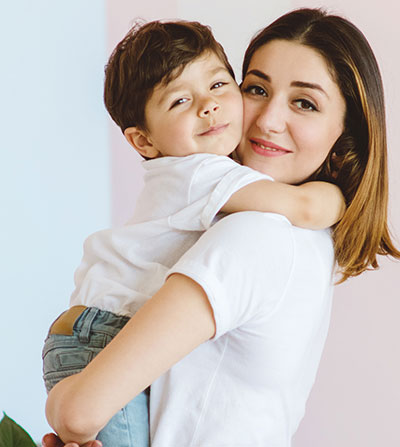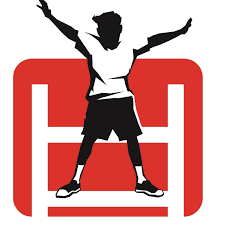Registered Behavior Technician (RBT)
National Therapy Center – Washington, DC
National Therapy Center is looking for energetic and responsible individuals who will make a difference in the lives of special needs children, young adults, and their families.
Full-time and part time positions for candidates are available in Montgomery County, MD.
Please submit a resume with a cover letter clearly indicating RBT certificate number.
Responsibilities and Duties:
The RBT will be responsible for implementing behavior intervention plans, academic programming, social skills development, collecting data, and more. The RBT will work in the home with the child 1:1 for 1-2 hours at a time and teach skills such as toilet training, feeding, communication, etc. and will help reduce their challenging behaviors in order to help clients and their families reach their full potential. All programs will be designed and maintained by a BCBA (Board Certified Behavior Analyst). Registered Behavior Technicians will receive ongoing training and supervision throughout the course of employment.
This position will require commuting between client locations.
This is a great opportunity to get into the field of Applied Behavior Analysis with a growing company with advancement opportunities. We will also provide ongoing supervision and hours for those looking to advance in the field and become a BCaBA or BCBA.
Qualifications and Skills:
We prefer candidates have:
- CPR/ First Aid certification
- 1 year of experience
- RBT Certification
We require candidates to:
- Have reliable transportation and automobile insurance
- Be available to work daytime and evening hours
- Pass a criminal background check
- Bachelor’s Degree
Benefits:
- Paid training
- Active and supportive supervising BCBAs
- Competitive salary for RBTs
- Continuous professional development
- Educational Stipends for higher education available (full-time employees)
- 401K and Health/Dental (for full-time employees)
- Signing bonus for those with RBT certification
Job Types: Full-time, Part-time
Pay: $19.00 – $26.00 per hour
COVID-19 considerations:
In order to ensure the health and safety of our team members, we supply all necessary PPE and require a health screening of all clients and family members prior to the start of each appointment.









